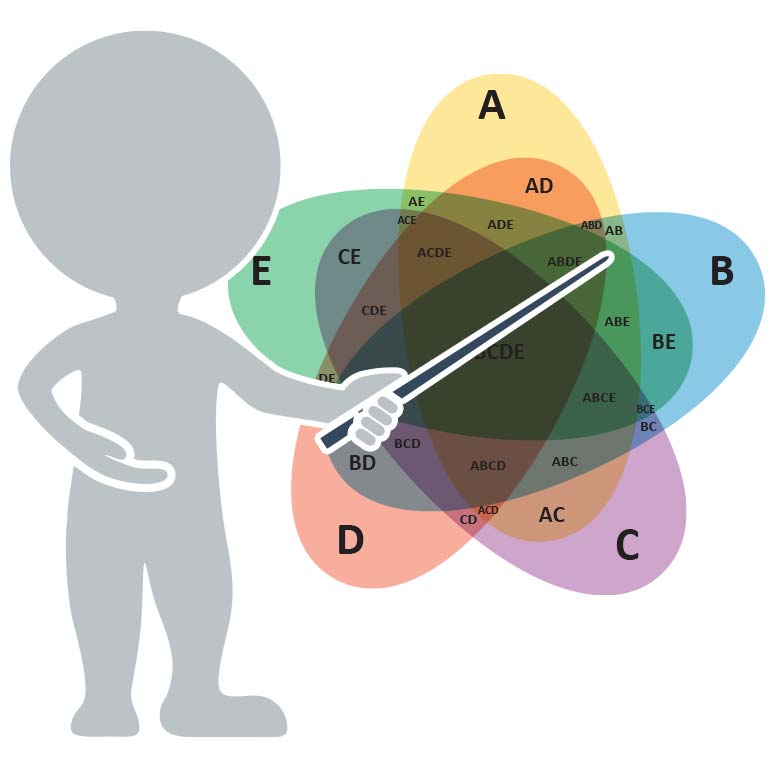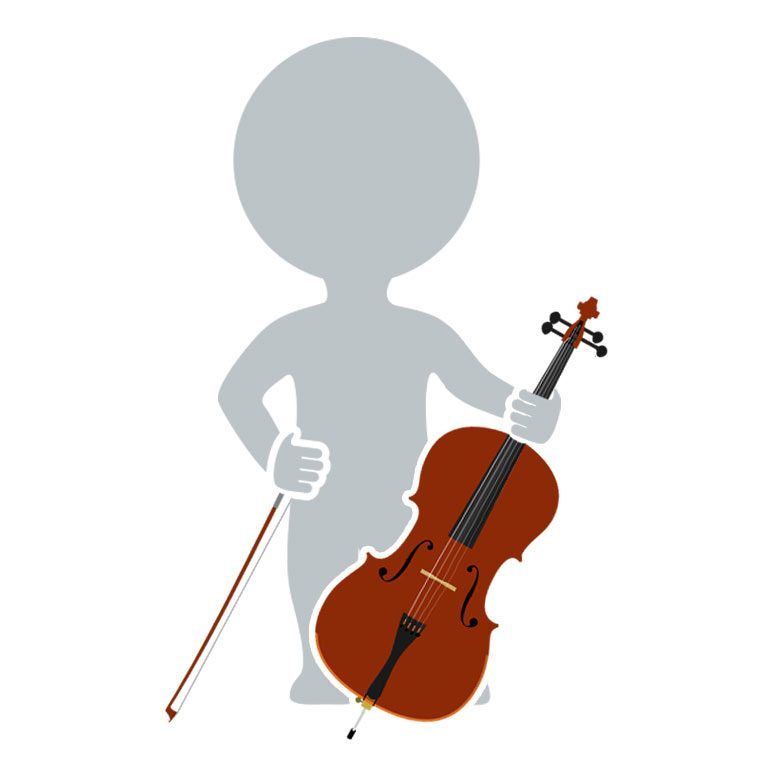Here’s another idea out of left field: how about an orchestra "owning" a classical music radio station? There’s been much discussion over the past two years about the viability of classical music radio stations in general. In my opinion, I think that’s right on the ball. This is just another situation where a true partnership can become a wonderful symbiotic relationship. The small staff required to run a classical radio station could be easily combined with some of the existing orchestra administration structure…
I
believe the appeal of classical music radio, much like an orchestra’s
appeal, is drawn from a narrow spectrum of the population, compared to
something like movie theaters or political talk radio. Orchestras have been functioning on that fact for decades. It
only takes about 4% of a local population to support a good local
orchestra, and I feel that classical music radio should follow those
same guidelines.
Now, how much does a classical music radio station cost? I went to www.guidestar.org and discovered that Dayton Public Radio, Inc. has an annual budget of $725,346,
and their big brother to the immediate south, Cincinnati Classical
Public Radio, Inc has an annual budget of $2,845,956. I bet you can cut those costs by at least 30% through combining the operational resources of an orchestra and radio staff. That’s makes owning/operating an all-classical station "affordable".
I’m
willing to bet that you could greatly improve the outreach success for
both organizations by combing them into one non-profit entity. This would also fall into line with my belief that the future of orchestra audience growth is dependent upon enabling patrons. And what better way to include patrons than by actually talking
to them over the radio. Just think about the potential benefits of
housing the radio station, the orchestra hall, and the administration
offices all in the same location:
- The ability to share development and marketing resources.
- On-air personalities have easy and regular access to orchestra musicians and artistic leadership.
- You could embark on a wide range of coordinated education/outreach initiatives.
- Call-in shows would allow listeners to interact with orchestra musicians.
In
general, you can allow your listeners to become involved and a part of
the orchestra in particular as well as the world of classical music
overall.
I would love to hear what public radio administrators think about this as well as my readership in general.


